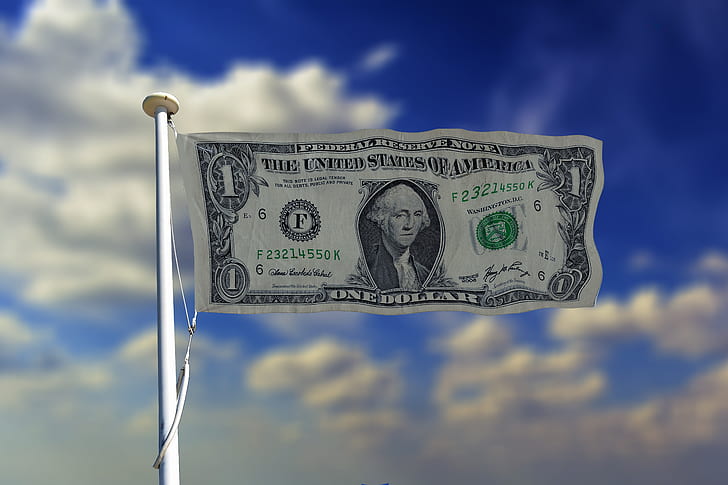Out of the 535 members of Congress, only 11 receive a majority of their campaign funds from small donors. Seattle’s 2017 Democracy Vouchers program reversed this trend, resulting in an election where 87 percent of all contributions were from small donors. Moving forward, democracy vouchers provide a promising template for future electoral reforms that look to increase voter participation and engagement across the country.
MODERN HISTORY OF CAMPAIGN FINANCE
In 1976, the Supreme Court ruled in Buckley v. Valeo that money is speech. Using this logic, the court deemed campaign expenditure limits unconstitutional. Additionally, it struck down the provision of the Federal Elections Campaign Act of 1971, which imposed limits on individual contributions to Political Action Committees (PACs).
The court extended this free speech standard two years later in First National Bank of Boston v. Bellotti, ruling that laws prohibiting corporations from contributing to ballot initiative campaigns are unconstitutional because they violate the first amendment rights of those corporations. Such a ruling meant that money was no longer just a means of exchange, but a form of speech and that corporations are no longer soulless entities that exist to maximize shareholder profits — they are now human beings with inalienable rights.
It is no surprise then that in Citizens United v. Federal Elections Commission (FEC) (2010), the U.S. Supreme Court married these ideas to declare that any limits imposed on independent expenditures to political campaigns were a direct violation of the first amendment. This led to the creation of super PACs, which may raise an unlimited amount of funds from corporations, unions, and individuals to advocate on behalf of a campaign.
GROWTH OF SUPER PACS
As a result of Citizens United, politicians were incentivized to court big-moneyed interests over regular voters. Since 2010, just 200 individuals and their businesses account for close to 60 percent of all super PAC spending. Super PACs enable the wealthiest people in the country to bankroll elections in an unprecedented manner.
If the Court believes that money is equivalent to speech, then the public should hope that the Citizens United ruling liberated more voters to speak freely with their wallets. Of course, this did not happen. Over the last decade, the amount of small dollar donations ($200 or less) and total donors has steadily declined — epitomized by a despairing 2014 election cycle where the top 100 super PAC donors contributed as much as 4.75 million small dollar donors.
There is a growing trend within the Democratic Party to eschew large contributions. During the 2020 presidential primary, four candidates (Bernie Sanders, Pete Buttigieg, Beto O’Rourke, Andrew Yang) relied primarily on small dollar donations to fund their campaigns. Nevertheless, out of these four, none clinched the nomination, and only Sanders and Buttigieg won any states.
For political campaigns, more money means more ads, more innovative technology, and more highly paid consultants. Unsurprisingly, 90 percent of U.S. House of Representative candidates who spent more money than their opponents won their 2016 House races. Despite attempts by individual candidates, attracting large donors is a structural incentive that most politicians cannot reject.
DEMOCRACY VOUCHERS
While hopes of electoral reform at the federal level have ossified, local governments still act as laboratories of democracy. In 2017, Seattle adopted Harvard Law Professor Larry Lessig’s Democracy Vouchers proposal to curtail the influence of big donors. Sixty-three percent of Seattle voters supported a ballot referendum that enacted a property tax of $3 million every year to fund the voucher program for the next 10 years. The financial burden primarily falls on the city’s wealthiest residents, with the average homeowner paying approximately $8 extra in taxes per year.
Through the program, each registered voter received four $25 vouchers that they could donate to any candidate running for City Attorney and City Council (after 2017 it was expanded to include all candidates running for citywide office). To qualify for the voucher contributions, candidates were barred from accepting cash donations exceeding $250.
The program expanded the electoral donor base significantly. During the 2013 municipal elections, 8,324 residents made a traditional contribution to a local candidate. In 2017, traditional donations increased to 10,297, while an additional 20,727 residents contributed their Democracy Vouchers.While there is still much work to be done in increasing civic engagement within disadvantaged communities, the voucher program brought more women, young people, people of color, and low-income residents into the political process.
However, through a racial equity perspective, vouchers alone did not overcome over-representation by particular voters. Seventy-eight percent of registered Seattle voters are white, and so were 86 percent of voucher users — reflecting the reality that white voters are still over-represented in campaign financing.
Nevertheless, during the 2017 election cycle, 84 percent of Seattle donors were first time contributors to a political campaign. Of this group, 71 percent used vouchers. By generating a historic amount of individual donors, Seattle’s voucher program is a promising start to fixing the undemocratic campaign finance systems that exist across the country.

